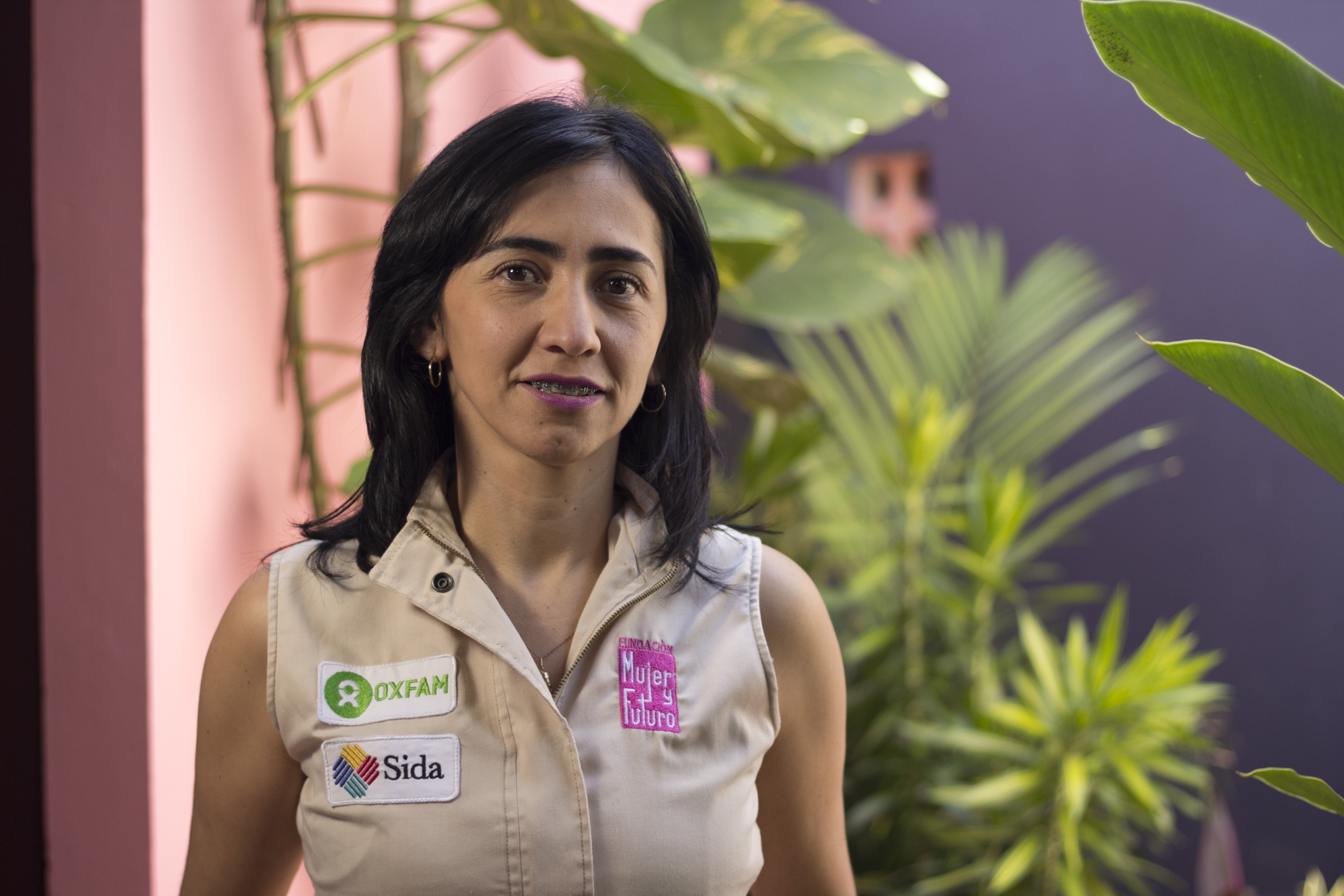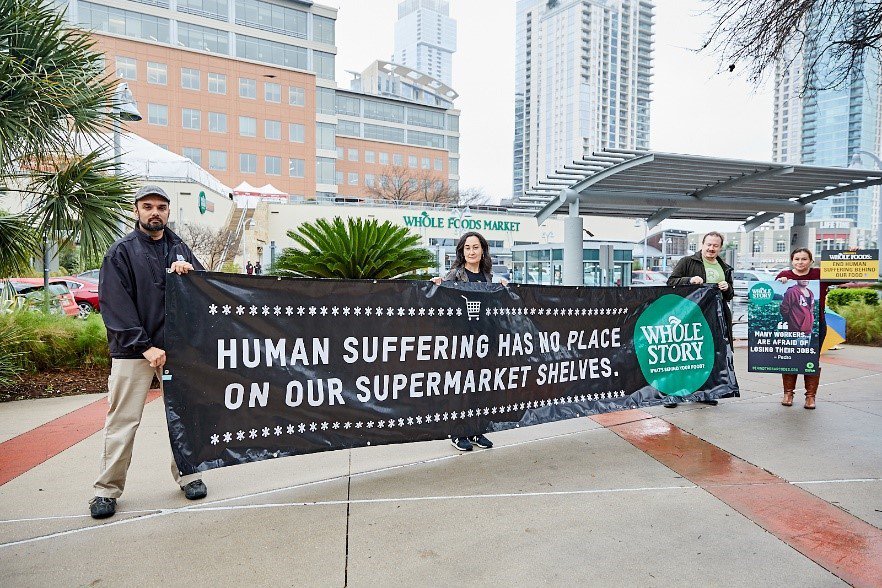How we have already helped more than 11 million people worldwide—and how we can help even more this holiday season with your help
How do people around the world wash their hands when 1 in 3 people don’t have access to clean water?
How do 2 billion people trying to survive in the informal economy quarantine if doing so could mean losing income to feed their families?
Can women—70 percent of the world’s health care workers at greater risk of infection—access the personal protective equipment they need to save lives?
Within days of the COVID-19 pandemic being declared back in March, Oxfam began mobilizing a global response to the crisis that put our more than 400 local partners and these systemic inequalities at its center—reaching more than 4 million people over the first five months of the crisis.
Our belief: None of us are safe until all of us are safe.
We kept the water running and the soap coming

- "Local partners are at the center of our humanitarian work in every way. They have strong relationships with local leaders, and they understand community dynamics, which means they have an essential role to play in developing programs that will work.” –Irene Gai, Oxfam water and sanitation strategist
As the threat of COVID-19 increased in Kenya, we began working with our local partner Sheepcare Community Center and Nairobi’s water utility company to help tens of thousands of people living in informal settlements. The goal: access water free of charge through existing “water ATMs”— distribution points where residents fill a container and pay for the water electronically. Oxfam was the first organization to respond in the settlements inside a country where 80 percent of the population works in the informal economy.
For decades, Oxfam has stopped the spread of disease through our water, sanitation, and hygiene promotion activities. Applying learnings from our rapid responses to the Ebola outbreak in West Africa, cholera outbreaks in Yemen and South Sudan, and the Zika outbreak in the Americas, we distributed personal hygiene kits in 30 countries, built handwashing stations in 44 countries, and made improving water quantity and quality a priority to stop the spread of COVID-19.
We secured the rights of the vulnerable

- “This process of knowledge sharing with Oxfam around humanitarian response has helped us today become a leading organization in the humanitarian field with a focus on gender in the country.” –Johanna Durán, director of Fundación Mujer y Futuro
In Colombia, Oxfam local partner and feminist organization Fundación Mujer y Futuro focused on how women and young girls at the Venezuelan-Colombian border were affected by the COVID-19 lockdown. Documenting rising gender-based violence and a lack of access to food, shelter, and employment opportunities among Venezuelan migrants, the organization responded by supporting 19,000 Colombian and Venezuelan women and their families with hygiene kits, food baskets, welcome spaces for migrants, and trainings on human rights and protection strategies for women.
Oxfam’s partnerships with women’s rights and feminist organizations helped save lives and provide care and comfort. We provided food and cash assistance as well as social protection services to people in 26 countries, including food baskets, psychological support for migrants and their host communities, as well as COVID-19 protection and personal hygiene kits.
We called for a feminist recovery to the COVID-19 crisis

- In a globalized society, we must redefine who and what is essential—and build back better. The foundations of our economy and society are being rebuilt—and Oxfam is calling for an irreversible shift towards a sustainable, more equal and human economy.
In May, Oxfam joined more than 1600 networks, organizations, and individuals from more than 100 countries calling for a feminist recovery to the COVID-19 crisis. Prioritizing the needs of the most vulnerable including refugees and indigenous peoples, people like you helped us call on governments and multilateral institutions to invest billions in economic stimulus, cancel all external debt payments for poor countries due to be made this year, and make all COVID-19 vaccines and treatments a global public good—free and accessible to all.
In the US, today’s struggles on the front lines of the COVID-19 crisis—advocating for safe working conditions and defending the undocumented—echo generations of calls for worker justice and equality. Across the country, Oxfam supported workers in the hospitality and poultry industry who were ineligible for unemployment and shut out of federal emergency relief. This support included cash assistance, rent support, financial assistance for legal aid, and educational outreach and advocacy.
